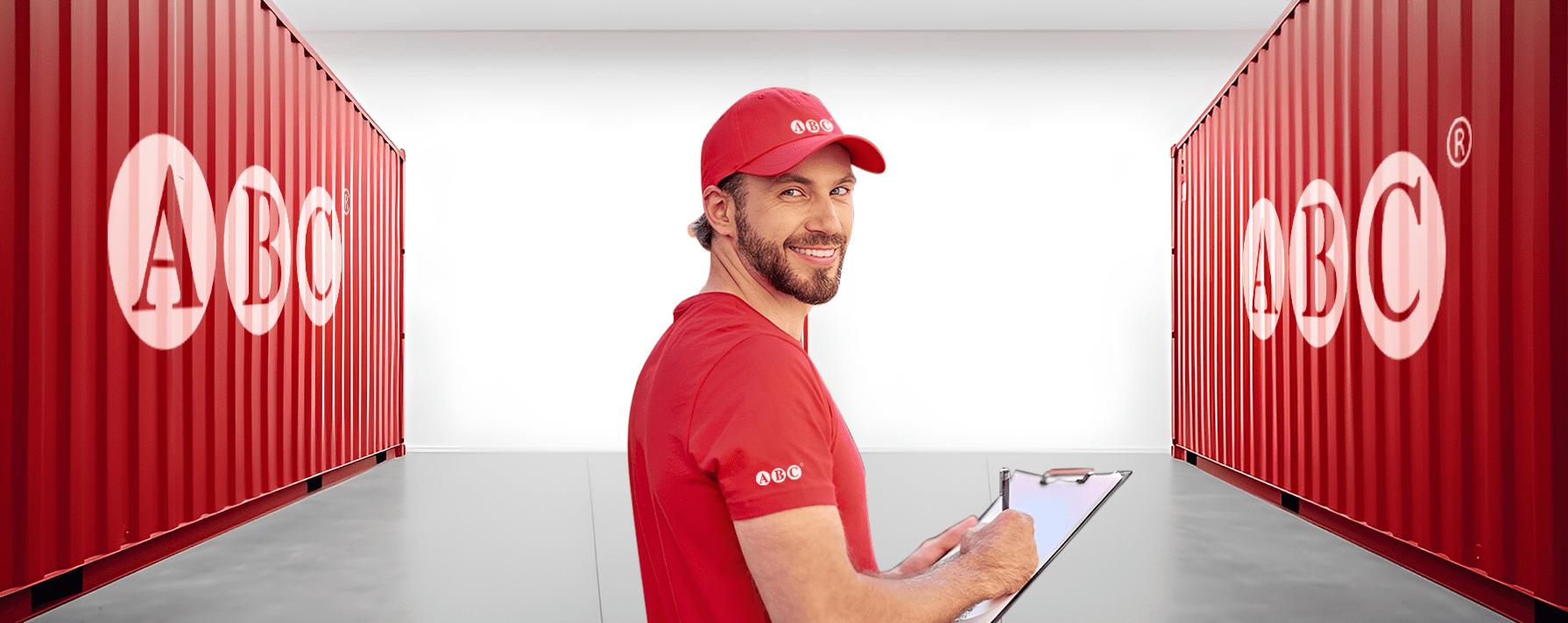
Proper packing and shipping are essential for ensuring that goods reach their destination safely and securely. ABC Cargo’s team of skilled packers use high-quality, tested packing materials to ensure that your shipments are well-protected during transit.
Our packers are experienced in packing a wide variety of items, including fragile, hazardous, and oversized cargo. They use the appropriate packing methods and materials for each type of shipment, ensuring that your goods are secure and protected from damage.
In addition to using the best packing materials, our team also labels and documents shipments correctly, ensuring that your cargo is properly identified and tracked throughout the shipping process.
Overall, ABC Cargo’s packing and shipping services provide peace of mind to our clients, ensuring that their shipments are handled with care and reach their destination safely.

Warehousing and distribution play a crucial role in the transportation and logistics industry. ABC Cargo’s warehousing space in key locations allows for efficient storage and distribution of goods, helping to reduce costs and increase productivity for its clients.
Proper warehousing and distribution management involves the efficient movement and storage of goods, as well as the coordination of activities within the warehouse. This includes receiving and inspecting incoming goods, storing and organizing products, and preparing and shipping customer orders.
Adequate warehousing and distribution can significantly improve a company’s supply chain management, allowing for the smooth flow of goods from production to the end customer. It can also reduce costs by minimizing the need for additional storage space and allowing for the consolidation of shipments.
In addition to the practical benefits, effective warehousing and distribution can also improve customer satisfaction by ensuring the timely and accurate delivery of products.
Overall, ABC Cargo’s warehousing and distribution services provide an important and valuable component to its clients’ supply chain management, enabling them to reduce costs and increase efficiency.

Cargo insurance is a type of insurance that covers the loss or damage of goods while they are in transit. It protects the interests of the shipper, as well as the carrier, and can be purchased to cover a single shipment or multiple shipments.
Freight insurance covers cargo that is being transported by water, air, or road. It is important to have this type of insurance to protect against potential losses that may occur during the transportation process. This can include damage or loss due to accidents, natural disasters, theft, or other unforeseen events.
There are regulations for certain types of cargo items during their shipment. These regulations vary depending on the mode of transportation and the type of goods being shipped. For example, hazardous materials may have stricter regulations due to the potential risks they pose to people and the environment. It is important to adhere to these regulations to ensure the safe and legal transportation of goods.
The risk of loss or damage to cargo typically lasts during the normal course of shipment, from the Time the goods are handed over to the carrier until they are delivered to the intended recipient. Once the goods are delivered, the risk of loss or damage typically terminates.
In conclusion, freight insurance is an important protection for shippers and carriers to have in place to protect against potential losses during the transportation process. It is important to adhere to any regulations that may apply to the cargo being shipped and to understand the terms and conditions of the insurance policy.

Proper documentation is essential for successful international shipping, as it helps to ensure that shipments are cleared through customs and delivered to their intended destinations in a timely and efficient manner. Each country has its own unique documentation requirements for inbound shipments, and it is important to be familiar with these requirements in order to avoid delays or other issues.
At our company, we offer expert guidance and assistance with documentation to ensure that our customers’ shipments are properly prepared and processed. Some of the key documents that are typically required for international shipping include the following:
A Bill of Lading (BOL) or Shipper’s Letter of Instruction (SLI): This document is issued by the carrier and serves as a contract between the shipper and the carrier, outlining the terms and conditions of the shipment. It also serves as a receipt for the goods being shipped.
A commercial invoice: This document provides detailed information about the goods being shipped, including the quantity, value, and origin of the goods. It is typically required for customs clearance purposes.
A packing list: This document provides a detailed list of the items being shipped, including the quantity and weight of each item. It is often used in conjunction with commercial invoices to help with customs clearance.
A certificate of origin: This document is used to certify the country of origin of the goods being shipped. It is often required by customs officials in order to determine the applicable tariffs and duties.
In addition to these documents, there may be other documentation requirements depending on the specific circumstances of the shipment. Our team of experts is well-versed in the documentation requirements for various countries and can provide expert guidance to ensure that our customers have all the necessary documentation for their shipments.

Customs clearance is the process of obtaining permission to import or export goods through the customs authority in a country. It is a critical part of the international shipping process, as it ensures that all necessary taxes and duties are paid and that the goods being shipped comply with the importing country’s regulations.
At our company, we offer comprehensive customs clearance services to ensure that our customers’ shipments are cleared smoothly and efficiently. Our team of experienced professionals is well-versed in the intricacies of customs regulations and procedures and can provide expert guidance to our customers to help them navigate the customs clearance process.
One of the key benefits of our customs clearance services is that we take complete responsibility for the process. This means that our customers can focus on other aspects of their business, confident that their shipments will be cleared in a timely and hassle-free manner. We handle everything from obtaining the necessary paperwork and documents to communicating with customs officials on behalf of our customers.
Another important aspect of our customs clearance services is our commitment to minimizing delays and ensuring that shipments are cleared as quickly as possible. We understand that non-clearance of freight can cause unexpected losses and disruptions to our customer’s operations, and we work diligently to prevent such issues from occurring.
In addition to providing expert guidance and assistance with the customs clearance process, we also offer a range of other services to support our customers’ international shipping needs. These include cargo insurance, transportation and logistics services, and warehousing and storage solutions.
Overall, our customs clearance services are designed to provide our customers with peace of mind and ensure that their shipments are cleared smoothly and efficiently, without any unnecessary delays or disruptions.






